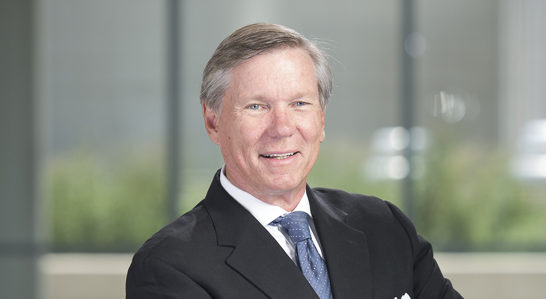New accounts of patients who believe they’ve been reinfected after recovering from Covid-19 are popping up daily, leading to an unnerving question: Can we get coronavirus twice?
Unlikely, say experts at the Oklahoma Medical Research Foundation, at least in the short term.
“It seems more probable that people reexhibiting symptoms are simply still carrying the virus, not getting reinfected — that’s a critical distinction,” said OMRF President Stephen Prescott, M.D., a physician and medical researcher. “To date, researchers have not been able to document any proven cases of reinfection.”
Case reports, mostly from China, Prescott said, indicate that some people, particularly older adults, take a long time to clear Covid-19. “That means they can be sick and seem to recover, but they still carry the virus.”
Also contributing to the “reinfection” debate is occasional inaccurate viral testing, said OMRF scientist Linda Thompson, Ph.D., who recently received $1.75 million in federal funding to study Covid-19 antibodies in Oklahomans.
“It’s not unusual for a Covid patient to get a follow-up test to see if they’ve cleared the virus. A false negative — whether because of low viral levels or a faulty test — could lead someone to think they had recovered,” said Thompson. “Then, ultimately, they test positive again, inaccurately appearing as a second infection.”
In other viruses, researchers have found that an initial infection triggers at least short-term immunity. But long-term immunity ultimately has to do with the strength of the body’s full immune response.
“That response also includes antibodies outside of the blood, like in the nose and throat, as well as the body’s B and T cells, which can provide long-term defense against viruses,” Thompson said.
To help understand this more definitively, OMRF researchers are investigating the neutralizing power of antibodies that form in response to the virus as well as how long those antibodies remain protective.
“There’s a lot we don’t know — yet,” said Prescott. “Within a year or so, we’ll have a lot of these answers, but we aren’t there. So, until then, wear a mask, practice physical distancing and continue to do the things we know for certain are protective and slow the spread.”













